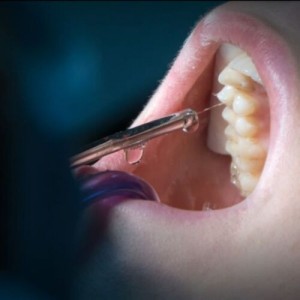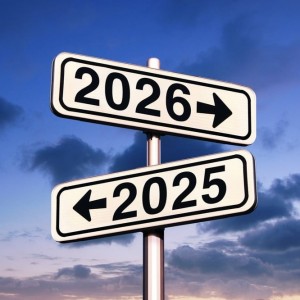
Missed appointements as an indicator of cross-infection prevention
Author: C. Tommaselli
Studies on dental cross-infections and related prevention measures abound in the literature, but no research on the effectiveness of the various measures has been proposed. That such measures have some degree of effectiveness is intuitive and indisputable, but the lack of measurement methods makes the discussion on this topic a theoretical exercise. Missed appointments are an annoying setback that has often attracted the attention of researchers who have suggested various methods intended to reduce or eliminate them. We suggest that they could also be a possible and valuable source of information about cross-infection in dental practices. Our study sought to investigate the possibility that missed appointments could be used to measure the effectiveness of the cross-infection prevention measures put in place, with particular reference to respiratory diseases and the ongoing COVID-19 epidemic.
Materials and Methods
Missed appointments were identified at a dental clinic in the province of Venice from 01/01/2020 to 31/07/2020. From these patients were extracted those who missed appointments for reasons compatible with a respiratory infection or otherwise suggestive of symptoms of COVID-19. In turn, contact with these patients at previous appointments was identified. By contact, we mean a patient who stayed in the waiting room at the same time or up to half an hour after the index patient, or who was treated in the clinic immediately after the index patient.
We then proceeded to assess whether the contacts could somehow have been infected by going to see if they had presented themselves for an appointment in the following weeks, or by calling and inquiring about their state of health.
Results
61 missed appointments were identified from 01/01/2020 to 31/07/2020. Of these patients, 3 skipped the appointment due to symptoms suggestive of a respiratory and/or flu infection. Another 13 patients for whom it was not possible to trace the cause of the missed appointment were included in the present research. During the previous 30 days, these 16 patients came into contact with 20 patients during their appointments at the dental clinic. The clinical conditions of the 20 contacts in the weeks following the appointment were then evaluated.
None of the 20 contacts showed symptoms suggestive of infections contracted during the dental appointments.
Conclusions
Monitoring missed appointments is a useful indicator of the effectiveness of cross-infection control measures.
Clinical significance
Dental clinics have always been considered places at high risk of cross-infection, and there are many hypotheses about the transmission routes between patients and the measures needed to prevent the transmission of infectious diseases. Tracking missed appointments can be useful when it comes to assessing the effectiveness of these measures.
 Read more
Read more
Editorials 10 October 2025
With proud smiles and crisp white coats, ninety-three learners from the DDS Class of 2029 and the International Dentist Pathway Class of 2028 marked the start of their dental careers at the UCSF...
Periodontology 10 October 2025
Continuous professional development (CPD) in Periodontology refers to the overall framework of opportunities that facilitate a life-long learning practice, driven by the learner-practitioner and...
TheraBreath, the #1 alcohol-free mouthwash brand in the U.S.*, has introduced a new line of dentist-formulated, clinically tested toothpastes designed to support professional oral care...
News 10 October 2025
New officers and trustees were installed at the Minnesota Dental Association’s Leadership Conference on September 19 in Minneapolis.
News 10 October 2025
Smartee Denti-Technology today announced that Professor Gang Shen, its Chief Scientist and Executive President of TaiKang ByBo Dental, has once again been named to the World’s Top 2% Scientists...










